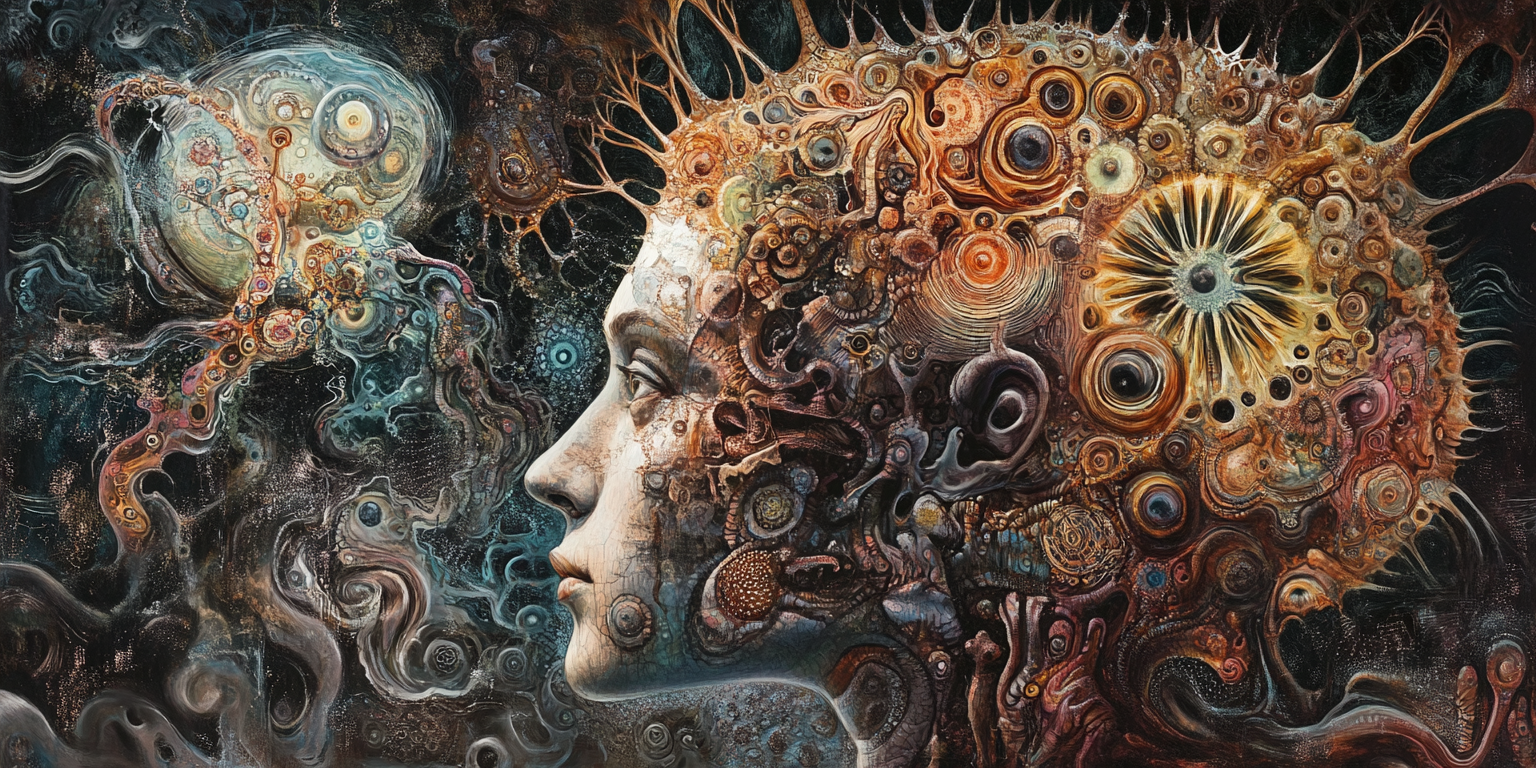What is the connection between scientific theories and reality? Are the models we create accurate reflections of an underlying truth, or are they merely useful constructs that help us navigate the world? These are fundamental questions in both philosophy of science and epistemology, and they shape the way we think about knowledge itself.
Scientific Theories as Models
Scientific theories are not reality itself; rather, they are models that attempt to describe aspects of reality. These models evolve over time as new observations refine or replace previous frameworks. Newtonian mechanics, for example, works well for most everyday applications, but we now know it is only an approximation that breaks down at relativistic speeds or quantum scales. Similarly, general relativity and quantum mechanics, while immensely successful, remain incomplete, suggesting that our understanding continues to be refined.
This iterative nature of scientific progress raises the question: Are we discovering reality, or are we simply constructing more useful approximations? Many scientists and philosophers believe that there is an objective reality, but our access to it is always filtered through the lens of theory, language, and interpretation.
The Role of Human Perception
Our experience of reality is mediated by our senses and cognitive structures. We do not perceive the world directly but instead interpret it through neural and conceptual filters. This means that our understanding is shaped by what comes naturally to us—our intuitions, prior learning, and mental frameworks. What seems obvious or self-evident to one person may not be intuitive to another, depending on their background and training.
This has important implications for learning and scientific discovery. Just as we construct our own understanding of abstract concepts by relating them to familiar ideas, science as a whole builds on existing knowledge, continually refining our grasp of the underlying reality.
Is There an Immutable Reality?
A key question in the philosophy of science is whether there is an ultimate, mind-independent reality that we measure our theories against. Scientific realism holds that while our models may be imperfect, they progressively converge toward a more accurate depiction of reality. On the other hand, some argue that scientific theories are only instruments for making predictions and that what we call “reality” is inseparable from our conceptual frameworks.
Despite these philosophical debates, one thing is clear: science is constrained by empirical validation. A theory is only as good as its ability to make accurate predictions and withstand experimental scrutiny. This suggests that there is something external that we are measuring our theories against, even if our understanding of it is incomplete.
The Limits of Understanding
Throughout history, each scientific breakthrough has revealed new layers of complexity, often challenging previous assumptions. This pattern suggests that no matter how much progress we make, there will always be deeper questions to explore. Whether in physics, mathematics, or philosophy, the pursuit of knowledge seems to be an unending process.
Some see this as a reflection of an ultimate, transcendent reality—something that can never be fully grasped but only approximated. Others take a more pragmatic view, seeing science as a tool for problem-solving rather than a means of uncovering absolute truths.
The Connection to Religion
For those with a religious perspective, the limits of scientific understanding may reflect a deeper truth about the nature of existence. The idea that we can never fully grasp reality mirrors the belief that the divine is beyond complete human comprehension. Just as science continually refines its models without ever reaching an absolute endpoint, many religious traditions view the search for truth as an ongoing journey—one that brings us closer to, but never fully reveals, the ultimate nature of existence.
Final Thoughts
The relationship between scientific theories and reality remains an open question. While science provides incredibly powerful models for understanding the world, it is important to recognize their limitations and the role of human perception in shaping our understanding.
As we continue to refine our theories and push the boundaries of knowledge, we must remain open to the idea that reality may always be more complex than we can ever fully grasp. The pursuit of understanding, whether through science, philosophy, or other means, is a journey—one that reveals as much about ourselves as it does about the universe.
